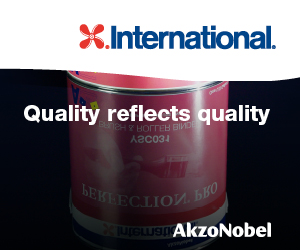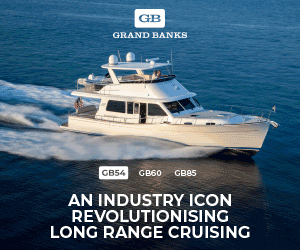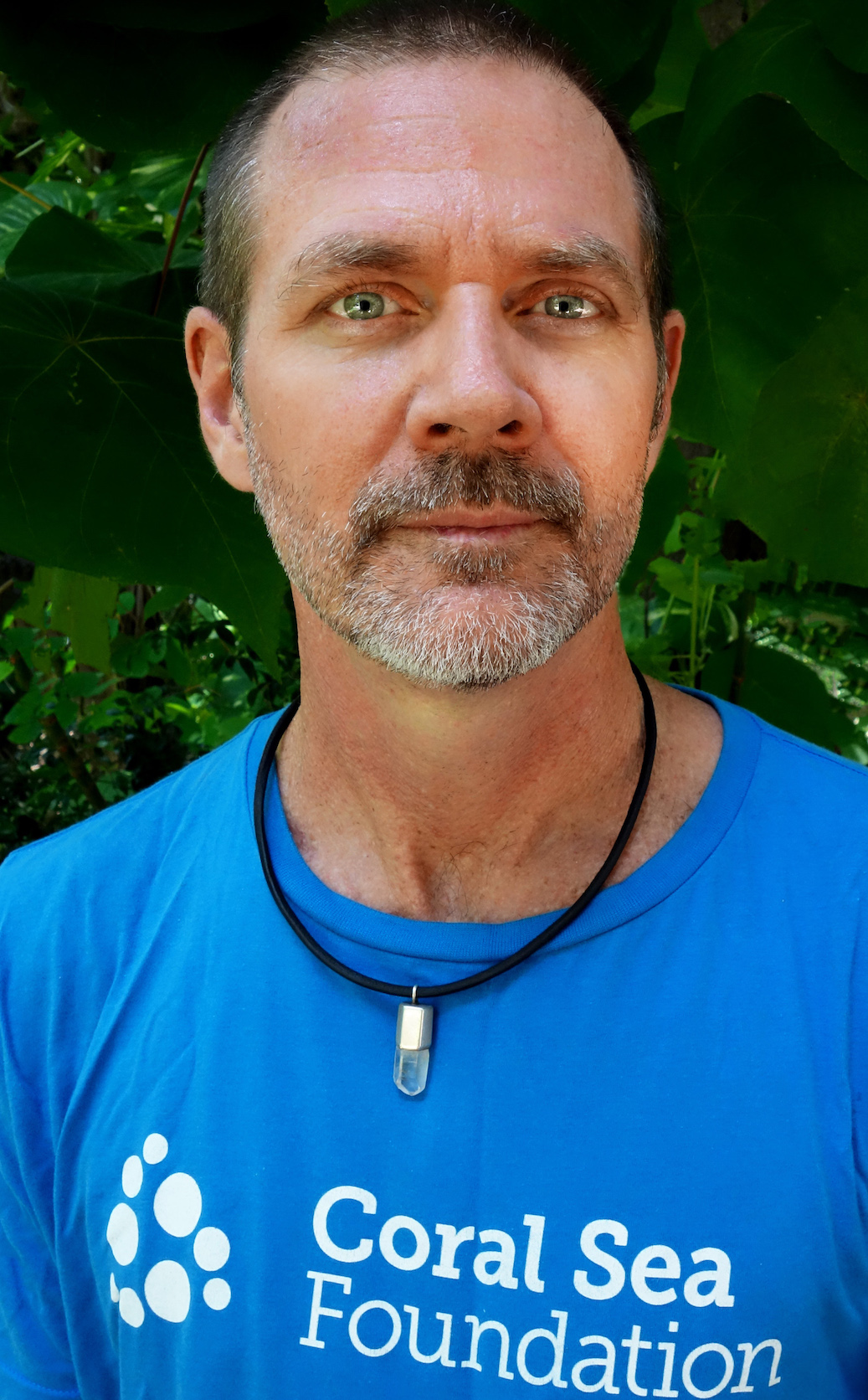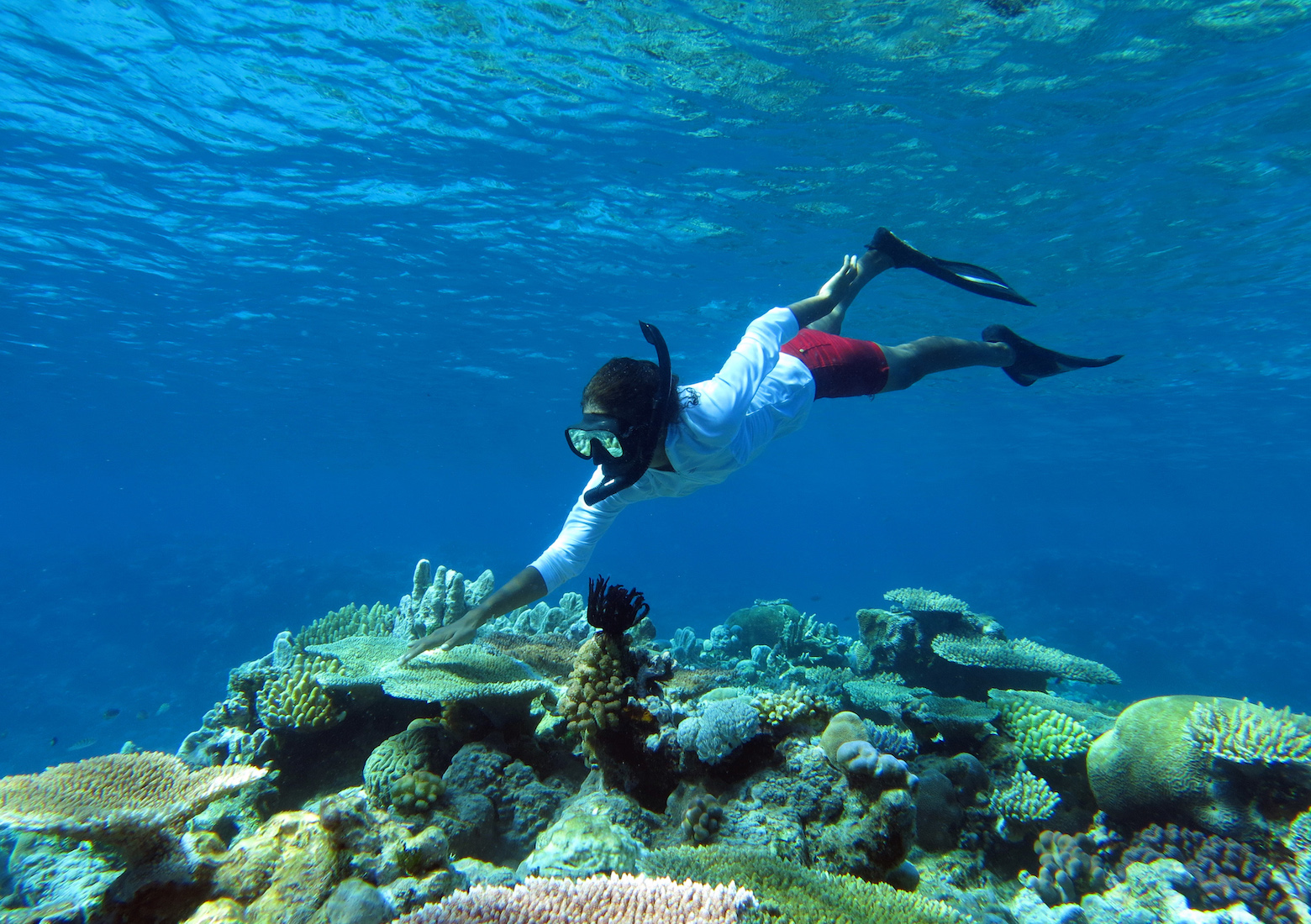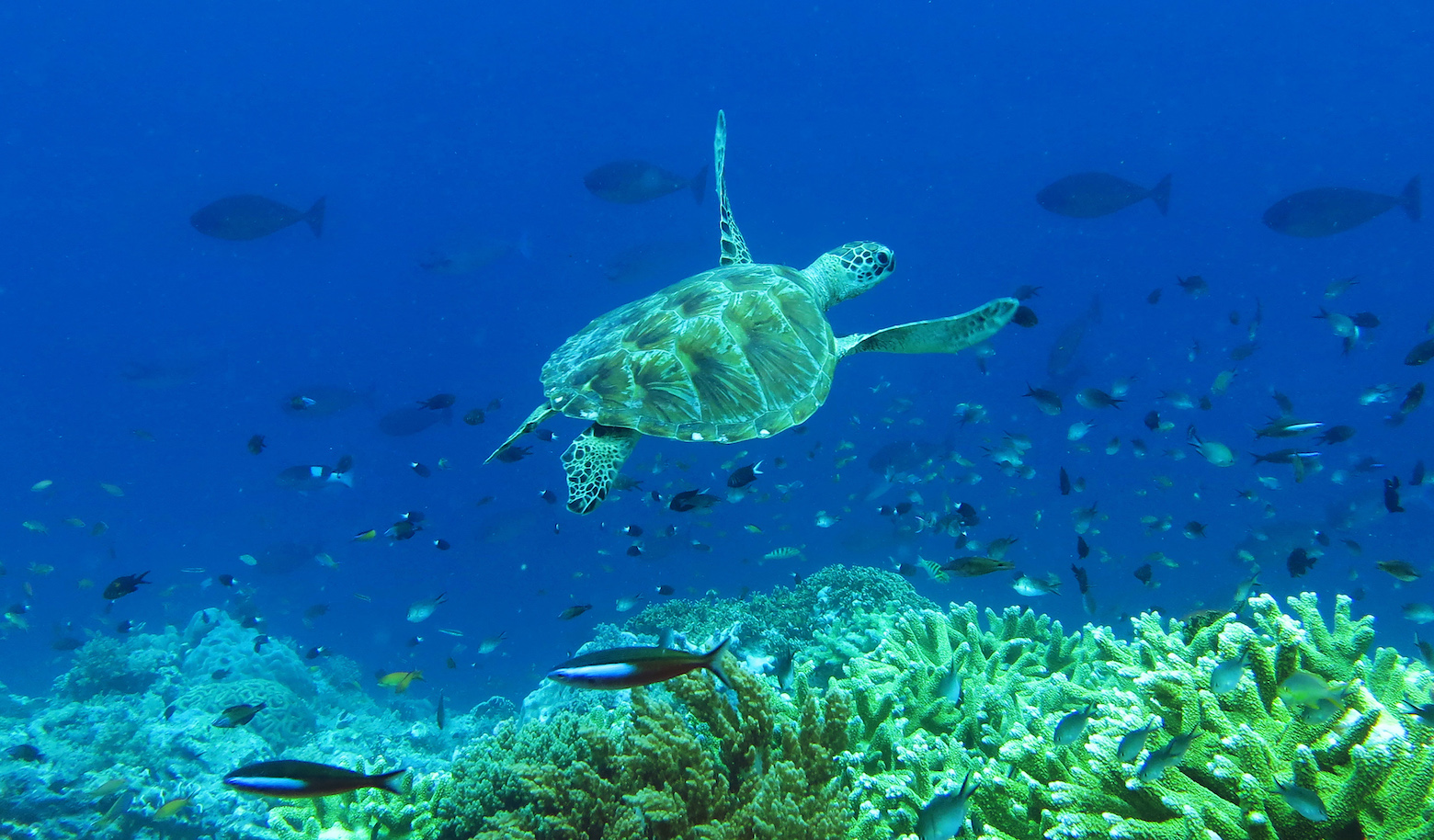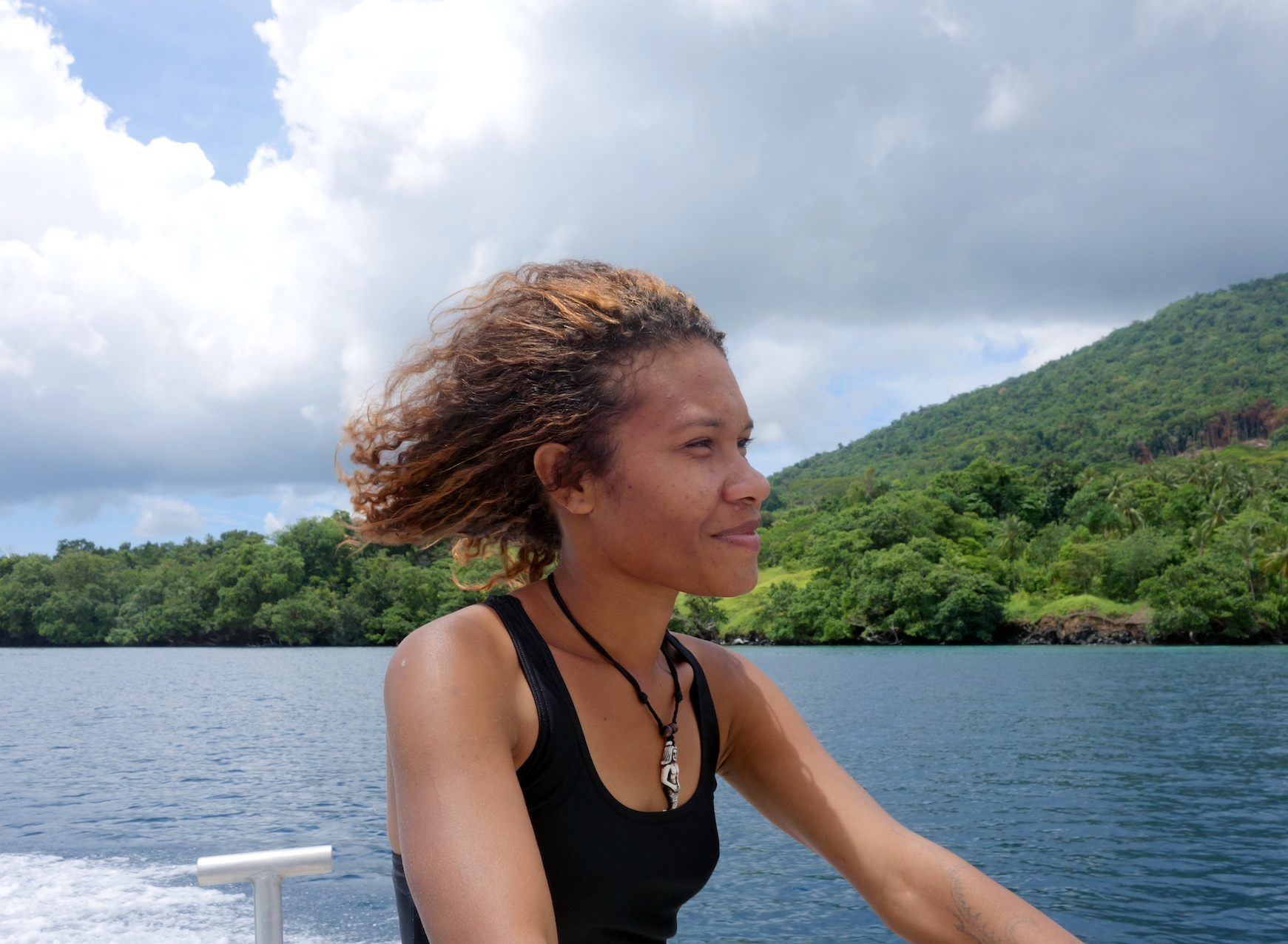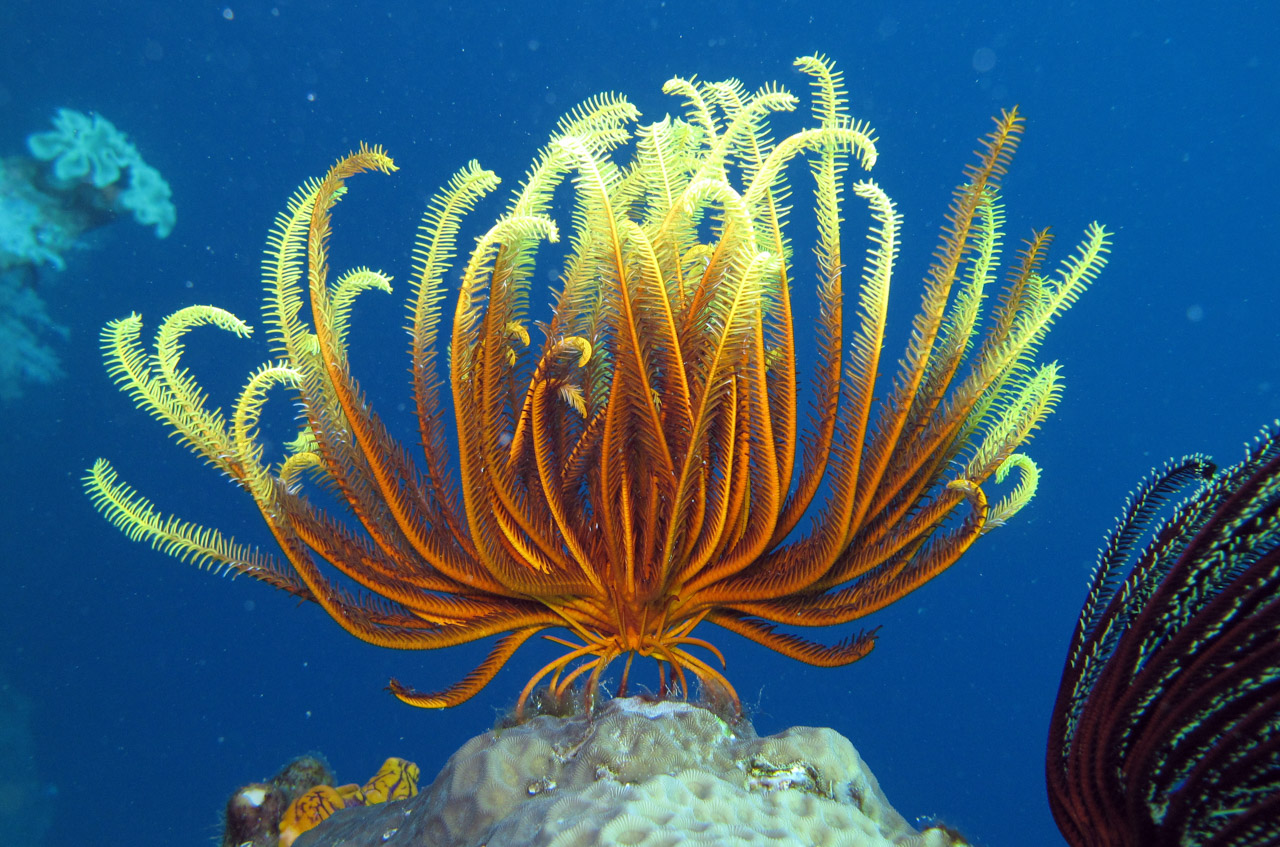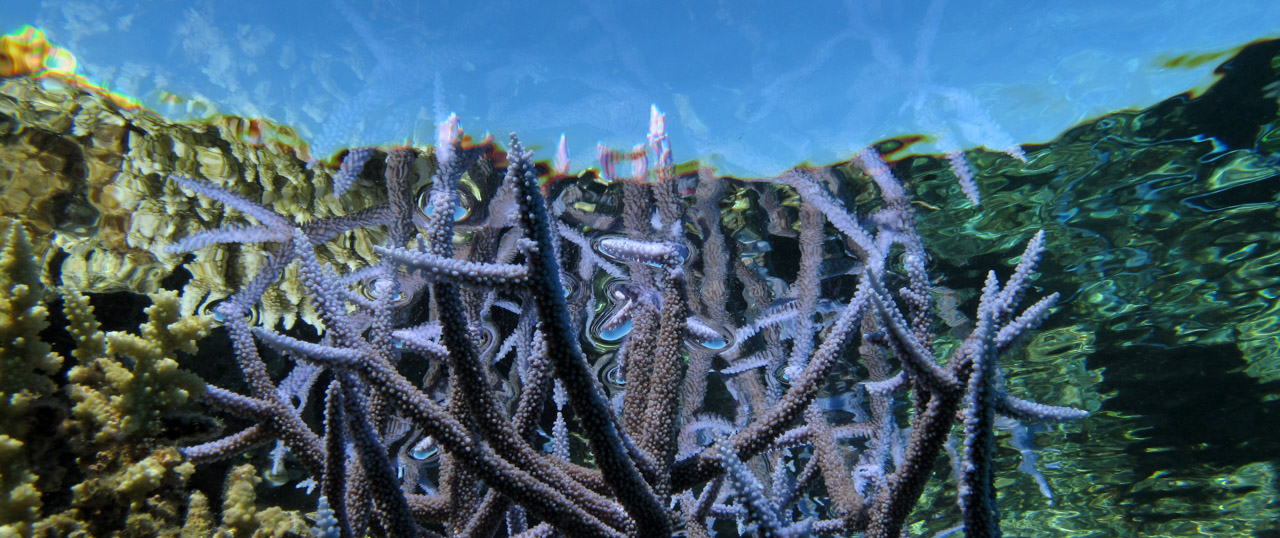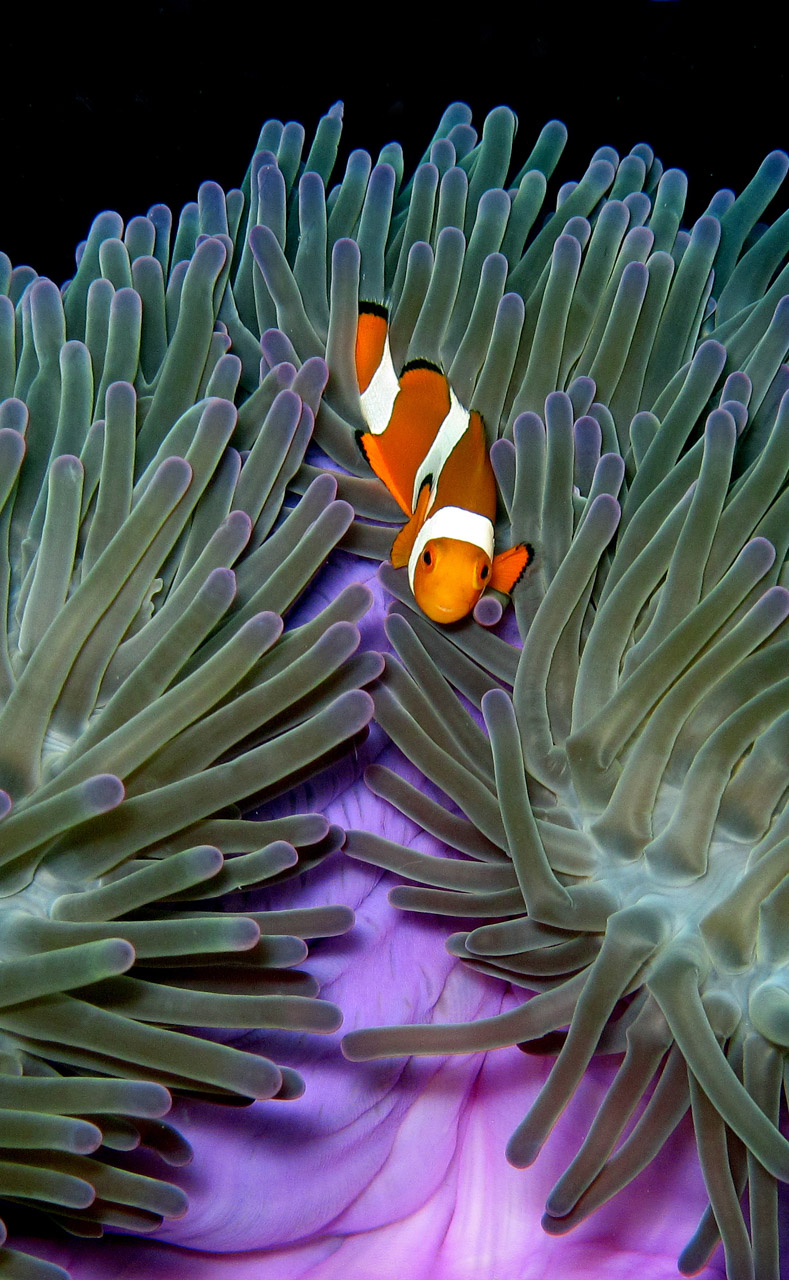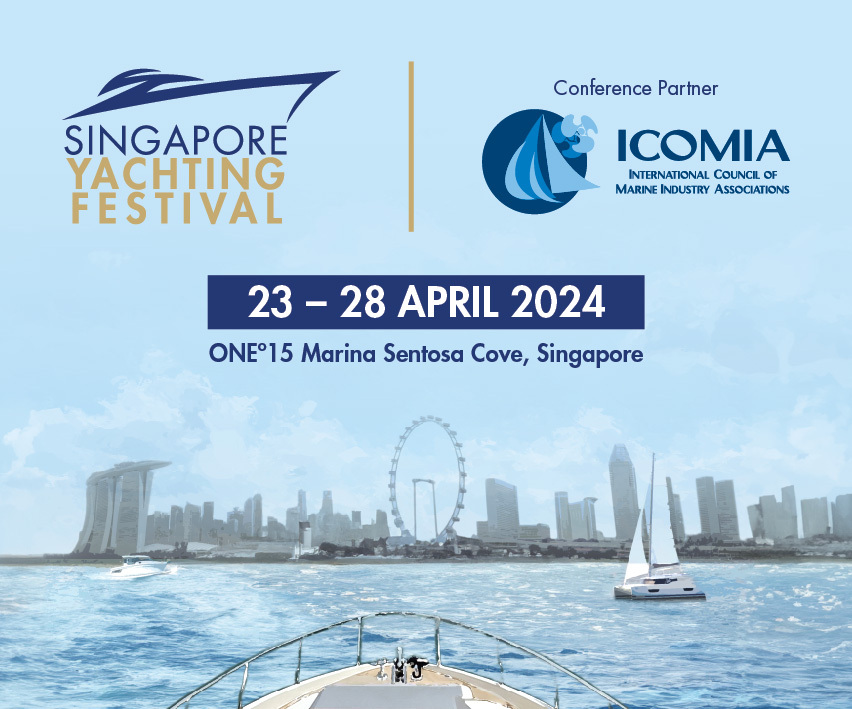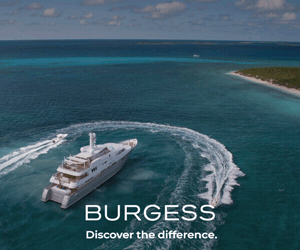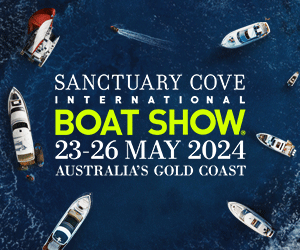Reef relief
We chat with Dr Andy Lewis, passionate founder and CEO of the Coral Sea Foundation, who – with a crack team of marine scientists and sailors behind him – is unrolling bold strategies to protect the most vibrant, biodiverse reefs in the world.
Written by Brittany Cooper
Photography by Dr Andy Lewis
25 September 2019
With 30 years of marine biology and expedition cruising throughout Melanesia under his belt, Magnetic Island’s Dr Andy Lewis aims to make coral reef conservation as pragmatic and effective as possible. Here he shares the insights of a lifetime spent on tropical seas.
What inspired on the idea of the Coral Sea Foundation?
I’m turning 50 this year. Three years ago, I had a good look at my skillset in marine biology, remote expedition cruising, and anthropology, and I thought about what I could do to protect the best coral reefs left in the world. The Coral Sea Foundation was born out of the desire to make a difference while I still can.
There’s a big focus on the loss of coral reefs right around the globe, and the very best reefs are in the Coral Triangle [a roughly triangular area of the tropical marine waters of Indonesia, Malaysia, Papua New Guinea, Philippines, Solomon Islands and Timor-Leste]. It’s super bio-diverse but the Melanesian section has very few functioning marine reserves. That was my call to action.
So, what’s the Coral Sea Foundation’s mission?
Our goal is to connect people and coral reefs, and in doing so, raise awareness of the ecological and social value of the Coral Sea, and be pro-active in its sustainable management. We work with local communities to develop marine reserves that support fisheries and ecotourism. Meanwhile we improve the quality of life in our partner villages.
What do you bring to the role of CEO?
Skills developed through a lifetime of diverse roles, from marine science to diving ecotourism, kitesurfing, and expedition vessel operations. I was very fortunate to work with Craig Howson and Mark Stothard, the owners of 50-metre luxury expedition vessel M/Y True North, for over a decade, delivering the marine ecotourism experience to guests around northern Australia, Indonesia and Papua New Guinea (PNG). Charter operations involving 20 crew, six tenders and an onboard helicopter gave me a wealth of experience in remote area expeditions, as well as an understanding of the complexity of the Indo-Pacific coral reefs on our northern doorstep.
Why do you target those areas of the Coral Sea (Papua New Guinea and the Solomon Islands) rather than the Australian reefs?
Two things jump out: firstly, there’s still an incredible amount of really good coral reef in that area.
In 2014, 2015, 2016 and 2017 those reefs didn’t suffer from terrible major bleaching events and nobody knows exactly why. The region now has the biggest area of high quality coral reef in the world.
Secondly, there’s more opportunity to make a difference there. Although there is still room for improvement in Australia’s reef management, we do have by far the best marine park network in the world, with 35 percent of the Great Barrier Reef (GBR) in no-take zones. In comparison, Melanesia is right on our northern doorstep with almost no reef protection and a fast-growing population, which is affecting the reef.
We still have almost no knowledge of how these Melanesian reef systems function (whereas the GBR has now been studied quite intensively for four decades). The whole system is so complex, with more diverse available habitats and 15 percent more species than in Australian waters. And for replenishment of the Great Barrier Reef, it’s critically important – the ocean currents deliver crosspollination in the form of larvae directly from PNG to the northern GBR.
The eastern Coral Triangle is the most spectacular place I’ve ever seen. It is not very developed – the island people are still mostly living a subsistence lifestyle of gardening and fishing. But traditional cultural ways have now begun to intersect with the modern world, which is causing a lot of cultural conservation practices to be thrown aside. At the same time, population growth is putting pressure on the reefs as a food source.
We’re doing something to help. In my opinion it should be a global priority – those reefs need to be protected for the whole of humanity. They are the most complex marine ecosystems ever to have evolved on earth, and they are far too precious to lose.
Why does fishing affect the reefs?
The Melanesian people are very good fishers, and the first things they catch are the big predators – coral trout, Maori wrasse, snappers – those are the first things that get taken out. So you end up seeing lots of nice coral and small fish, but swimming around you realise there’s no fish bigger than about 30cm. No large predators and very few sharks. The whole upper end of the food chain and biodiversity is missing. Some of these big fish live 50 or 60 years, so it takes a long time for them to come back. Local people start running out of protein, meaning possible malnutrition in the villages. The reefs lose their biodiversity and their ecological and aesthetic value.
Because of climate change and population issues, we’re running out of time to save these reefs. The villagers in PNG all tell me that in the old days there were so many more tuna. You only had to paddle 150 metres out with a feather lure and catch two or three great big tuna within 10 minutes to feed your family. Less than five percent of that open ocean fish biomass is remaining now, and there’s much more fishing pressure on the coral reefs. Ironically, the fact that fish catches have gone down over the last 10–15 years helps convince people that marine protected areas are now necessary.
What’s the solution?
The only thing that will replenish those fish stocks is a marine reserve. Bigger fish produce far more eggs than smaller fish, so the spill-over effect delivers more fish to the reefs either side of the reserve.
To get the marine reserves in place and working, it’s about engaging people and having the skills to put a team of people out in these remote areas, because they need some incentive to modify their fishing areas, such as medical supplies and education support.
If we really want to save these incredible reefs (and have a resource for luxury cruise vessels to come and enjoy), we need to start protecting these spectacular areas more, otherwise they’re going to be gone.
You have to deal with the people – do your basic anthropology, go in at the local level, get their support. Otherwise you end up with what we call a ‘paper park’ – if there’s no money or resources to enforce it, and the local people aren’t on side, then the whole thing is false.
What are you most proud of so far?
We got Lorie, a young Papuan woman, an Aussie visa and brought her from Ferguson Island to Townsville, trained her to scuba dive (through to divemaster) and identify fish and coral and the basic principles of marine
reserves. She went back home and ran community meetings through her tribal area. All the local people said: “Yes, we want marine reserves, but we want to see this white man come up and show that he’s actually committed.” So I travelled 150km from Alotau to Ferguson in an open longboat, and met with them all. Five different landowner groups put up their hands and said, “We’ll pledge reef to this marine reserve.” That was quite a moment.
How did you choose to focus on young women?
Educating women in developing countries is like a magic bullet, because it achieves several things at once: birth rates come down, domestic violence rates come down. Small businesses start up, community health improves, and better decisions get made about managing natural resources like coral reefs in these areas. So it achieves a whole suite of positive outcomes.
The ironic thing is that about half of Melanesia was traditionally under matrilineal tenure for thousands of years – women owned the land and reefs and made the decisions about how it was used. In the last couple of decades, in collision with the modern world, cash economies came in and those traditional roles of female landowners have often been subverted.
What we’re doing through the Sea Women of Melanesia training program is letting the women understand they can really make a difference in their oceans, communities and country, and then giving them the skills and tools to move ahead with that agenda. They already have a great deal of knowledge of the reef systems and are super fit and hard workers. Most of the women in the team have a degree in marine biology, they want to make a difference.
What is the superyacht industry’s place in ecotourism and environmental protection?
Ecotourism done properly in conjunction with marine protected areas can really offer these coastal communities a sustainable way forward – we have ample evidence of that from Raja Ampat.
There is an increasing trend in the superyacht industry toward remote area exploration, so it is vital that the industry supports protection of the remote environments that deliver such a fantastic cruising experience.
The local people must have some sort of incentive not to fish one third of their reef. A superyacht visit is incredibly important because it shows them their efforts are appreciated. The yachts can make a donation to the local village, but what we really encourage is the delivery of essential humanitarian supplies – small water tanks, medical aid, educational materials, pots and pans, rope, knives – things that will benefit the whole community.
For the sake of a $500 water tank you can make a huge difference to someone’s life. A tiny fraction of the daily running costs of a luxury vessel can let owners and guests invest in the communities and ecosystems that are so crucial to the overall cruising experience. I think it makes sound business sense.
Where does your funding come from?
We’re funded by donations from a small network of supporters. There is immediate scope for increasing our operations and effectiveness with more financial support. We’re on the lookout for major partnerships with corporations and individuals.
What’s the Coral Sea Foundation’s next project?
A major priority is bringing our own dedicated vessel into operation. We work in very remote areas, but the Coral Sea has a fantastic wind resource for most of the year which suits a modern sailing multihull vessel, and we’ve got the skills and capability in our team to operate it.
We have worked with One2three Naval Architects and Echo Yachts to design our dream vessel, a 42-metre expedition superyacht for 16 guests and 10 crew. This cat would be powered almost entirely by wind, sunshine and biofuels, and would give us the capability to advance our mission right around the Coral Sea arc.
What’s your vision for the future?
Get our sailing vessel operational and bring a lot more attention to the Coral Sea region and the work that needs to be done. Right now, I can think of at least 10 or 15 communities in PNG alone that have a beautiful location and that would really benefit from a marine reserve. With a small yacht and 10 months, we could duplicate what we’ve just done on our expedition to Ferguson Island.
I don’t want it to take 10 years. The quality of the reefs that we’re trying to protect will decrease without intervention, so the time to act is now.
It would also be great to bring a new team of Sea Women trainees to Magnetic Island every six months and get them skilled up with their diving and marine biology, then send them back home to spearhead the community engagement work out in the islands.
Do you think the coral reefs have a chance of surviving the next 50 years? (Overcoming stressors like overfishing, fertiliser runoff, cyclones, acidification, and mass bleaching incidents.)
That’s very much dependent on what we do in the next 10 years to change our current trajectory. A lot of changes in the ocean and the atmosphere are now unavoidable, but it’s a question of how big those changes are going to be.
The more that we can do to get our carbon emissions down and stabilise environmental conditions on the globe, the better the prospects for coral reefs. The longer we wait the harder it gets. My philosophy is: it needs to be done, let’s just get on with it.
Excellence recognised


